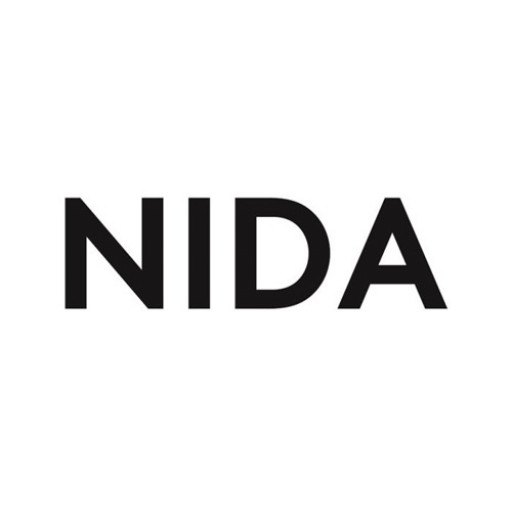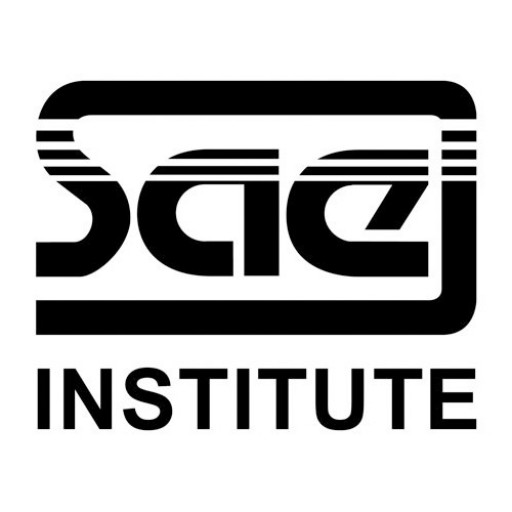The Bachelor of Fine Arts (Screen and Media) at the National Institute of Dramatic Art (NIDA) offers students a comprehensive education in the art and craft of contemporary screen production and media creation. Designed for aspiring filmmakers, screenwriters, and media artists, this program provides rigorous training in both practical skills and theoretical understanding essential for successful careers in the dynamic screen industry. Students will explore a broad range of disciplines, including directing, cinematography, editing, scriptwriting, and production management, enabling them to develop a versatile skill set suited to various roles within the media landscape.
Throughout the course, students engage with hands-on projects, working collaboratively to produce short films, documentaries, and digital media works that showcase their creativity and technical proficiency. The program emphasizes storytelling, narrative construction, visual composition, and sound design, fostering students’ ability to craft compelling content that resonates with diverse audiences. In addition to practical training, students undertake coursework in media theory, industry practices, and ethical considerations, preparing them to navigate the professional environment confidently and responsibly.
The teaching faculty comprises experienced industry professionals and scholars dedicated to mentoring students and providing industry insights. The program also offers opportunities for internships, industry placements, and networking events, ensuring graduates are well-connected and industry-ready upon completion. Using state-of-the-art facilities and equipment, students gain exposure to the latest technology used in the screen and media industries. Upon graduation, students are equipped with a strong portfolio of work and the skills necessary to pursue careers as directors, screenwriters, producers, editors, or media creators in a rapidly evolving global industry. The NIDA Bachelor of Fine Arts (Screen and Media) aims to cultivate innovative storytellers and media practitioners who can contribute meaningfully to the world of film, television, digital media, and beyond.
The Bachelor of Screen and Media at the National Institute of Dramatic Art (NIDA) is a comprehensive program designed to develop students' skills across a broad spectrum of disciplines within the screen and media industries. This innovative course blends practical training with theoretical knowledge, preparing students for careers in film, television, digital media, and emerging visual storytelling platforms. Throughout the program, students engage with both traditional and contemporary techniques in storytelling, cinematography, directing, editing, production design, and screenwriting, gaining hands-on experience with industry-standard equipment and software. The curriculum emphasizes collaborative projects, allowing students to work in dynamic production teams that mirror real-world industry environments.
Students explore the history and theory of media and screen arts, fostering critical analysis and understanding of cultural and social contexts. Emphasis is placed on developing a versatile skill set adaptable to various roles within the media landscape, including production management, distribution, and content creation. The program also encourages innovation and experimentation, inspiring students to push creative boundaries and generate original content for diverse audiences. Throughout their studies, students are mentored by experienced practitioners and faculty members who are active in the industry, ensuring a strong connection between academic learning and professional practice.
NIDA's state-of-the-art facilities provide students with access to professional-grade studios, editing suites, and production spaces, supporting a hands-on learning approach. The Bachelor of Screen and Media aims to cultivate not only technical proficiency but also leadership, communication, and entrepreneurial skills necessary for a successful career in the competitive media environment. Graduates leave the program equipped with a robust portfolio of work, industry-ready experience, and a deep understanding of the evolving landscape of screen and media arts, enabling them to make impactful contributions to the creative industries locally and internationally.
Program requirements for the Bachelor of Fine Arts (Screen and Media) at the National Institute of Dramatic Art include a strong foundational knowledge of film and media arts, demonstrated through prior academic achievement and a portfolio of relevant work. Applicants must submit a completed application form, official academic transcripts, and a personal statement outlining their interest in screen and media arts, creative motivations, and career aspirations. Additionally, a minimum Australian Tertiary Admission Rank (ATAR) or equivalent qualification may be required for domestic applicants, along with English language proficiency scores such as IELTS or TOEFL for international students. Evidence of creative practices, multimedia projects, or previous experience in media production can strengthen an application. The program often requires applicants to participate in an interview or portfolio review process, where they showcase their creative work and discuss their understanding of contemporary media issues and practices. Prospective students should possess strong communication, technical, and conceptual skills relevant to screen production, digital media, and storytelling. Familiarity with basic filmmaking techniques, editing software, and media technologies is advantageous. Enrolment typically involves completing prerequisite courses or prerequisites outlined by the university, including introductory courses in visual arts or media studies. Students are expected to have a keen interest in evolving media landscapes, including digital storytelling, animation, and interactive media. The curriculum emphasizes practical skills development through workshops, collaborative projects, and industry engagement. Applicants should also be prepared to meet health and safety requirements related to studio work and media production environments. Adherence to the institute's academic policies and commitment to innovative, ethical media practices are core program expectations. In summary, candidates are assessed on their artistic potential, technical abilities, academic record, and motivation to contribute to the dynamic field of screen and media arts.
The Screen and Media program at the National Institute of Dramatic Art (NIDA) offers a range of financing options to assist students in funding their studies. Tuition fees are determined annually and vary depending on whether students are domestic or international. Domestic students may be eligible for government-subsidized places, Commonwealth Supported Places (CSP), which significantly reduce the cost of tuition. International students are required to pay full fees, which are higher than those for domestic students.
In addition to tuition fees, students should budget for additional expenses such as equipment, materials, and production costs, which can vary depending on the specific coursework and projects undertaken during the program. NIDA offers scholarships and bursaries to both domestic and international students based on merit and need. These financial aid options are highly competitive and aim to support talented students in pursuing their studies without financial hardship.
Students can also explore external funding sources, including government grants, industry sponsorships, or private scholarships specific to media and film production fields. Most students finance their studies through a combination of savings, personal loans, part-time work, and financial support from family. NIDA provides advice and resources to help students understand their financial options and apply for scholarships and external funding.
For students enrolled in the program, flexible payment plans are often available to spread tuition payments over the duration of the course. Federal and state government assistance programs may also be applicable for eligible students, providing further financial support. It is advisable for prospective students to consult the NIDA admissions office for the most current information on tuition costs, financial aid, and scholarships.
Screen and Media at the National Institute of Dramatic Art offers students a comprehensive education in the art and craft of screen production, including film, television, and digital media. The program is designed to equip students with practical skills, theoretical knowledge, and creative insights necessary to succeed in the dynamic and evolving media landscape. Students engage in hands-on projects, working with industry-standard technology and equipment, while also exploring storytelling, scriptwriting, cinematography, editing, and production management. The curriculum encourages innovation and experimentation, fostering individual artistic voices within collaborative environments. Throughout the program, students have opportunities to work on short films, television episodes, and multimedia productions, gaining real-world experience and building professional portfolios. The program emphasizes industry engagement, with networking opportunities, internships, and exposure to current media trends. Faculty members are experienced practitioners and scholars in their fields, providing mentorship and industry insights. Graduates of the program are well-prepared for careers as filmmakers, directors, editors, producers, camera operators, and media artists across various sectors including entertainment, advertising, government, and independent media production. The program also emphasizes the importance of social and cultural awareness, encouraging students to explore diverse narratives and voices. Access to state-of-the-art facilities and collaborative learning spaces enhances the educational experience, fostering a vibrant community of emerging media creators. The NIDA Screen and Media program is committed to cultivating creative excellence, technical proficiency, and professional readiness, ensuring graduates are competitive and innovative contributors to the media industry.








